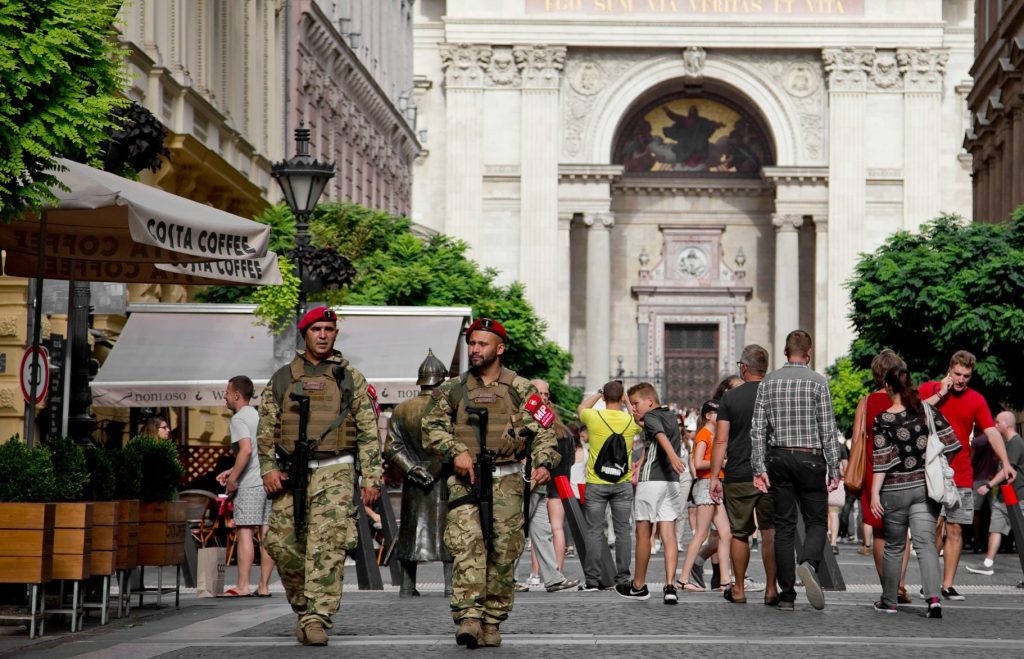9/11 and the Europeanisation of anti-terrorism policy: a critical assessment

The 11th of September terrorist acts in the USA seemed to unleash an unprecedented wave of policy interventions within the European Union. In the words of EU Justice Commissioner Vitorino, the terrorist attacks have led to a “giant leap forward” for EU Justice and Home Affairs co-operation. European approaches to the fight against crime, in particular terrorism, were suddenly regarded as more feasible and important. However, counter-terrorism is certainly not a new policy issue within the EU: it is a theme, which was central in the early days of internal security cooperation between EC Member States. Through TREVI, which was originally conceived in the context of European Political Cooperation (EPC) and which became a regular high-level congregation of the Interior Ministers and national top security officials, counter-terrorist policies were established in a climate which was rife with domestic terrorism in several EC countries (Anderson et al, 1995: 53f). The works of TREVI had however become absorbed in the executive-driven Third Pillar hierarchy, and terrorism was demoted to a position amidst other internal security concerns, among which illegal immigration and organised crime. Hence, within Europe, it seemed as if the issue of terrorism had temporarily disappeared from the stage. Meanwhile, however, the European Parliament had started a campaign to speed up the adoption of counter-terrorist measures in the EU, and came out with a resolution notably a week prior to the 11th of September 2001. The rest is history. Terrorism was resurrected with all its political salience after this date, especially after a meeting of the Extraordinary Council.




